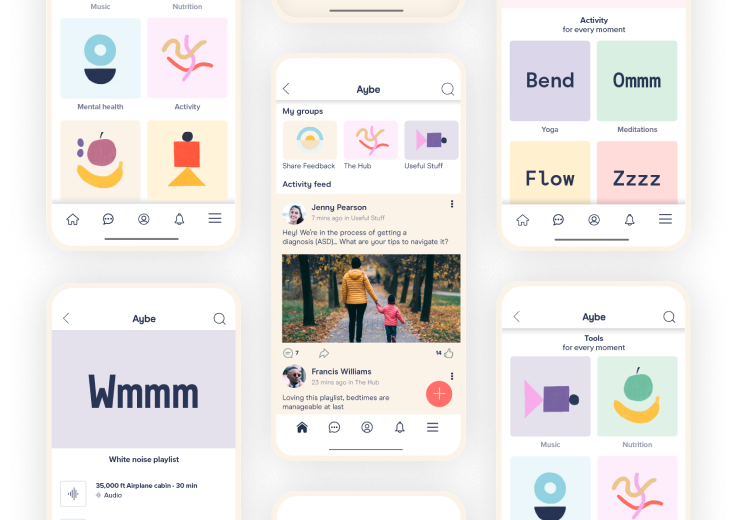What is Dyslexia?

Did you ever wonder what dyslexia is? Do you or your child have some of the common challenges associated with it? There are some common strengths too which you would be interested to find out in this article.
Dyslexia
Approximately 1 in 10 people have dyslexia. Dyslexia is a brain-based condition that makes it difficult for learners not just with reading but time management and taking direction. They have trouble with how sounds in words are represented by letters, and thus makes reading more difficult and can present as difficulty communicating.
Join the Community
Download the app to access more specialist advice, community support and wellbeing tools.
Join today as a Contributor member to gain free* access!
Download now
*Free access, in return for contributing to Aybe on a weekly basis, for example by commenting, liking, responding to feedback requests. See Terms & Conditions.

Challenges that can be common with Dyslexia:
- Reading may be less fluent due to trouble with sight words or sounding out words.
- Directions, projects, or information may be overwhelming when it is presented as a large amount of text.
- Written assignments and communication may take longer than expected, and errors may be more difficult for them to catch.
- Anticipated difficulties with reading or writing may lead to higher stress levels in school, work, or group situations.
- Memorisation of information can be a struggle, especially when presented in written form.
Strengths that are often found with Dyslexia:
- Creative thinking can lead to unique ideas and solutions. Dyslexics are over represented within artistic and technology communities!
- Visualisation skills that are often above average can lead to a new way of seeing a situation or space.
- The ability to approach curiosity, exploring, and reasoning at higher than usual levels allows for spotting patterns and making connections. Dyslexia is 35 times more prevalent in entrepreneurial millionaires than in the managers they employ.
- The ability to process information differently may make their communication skills better than usual.
An important note: Obtaining a diagnosis can be a huge step in understanding why the world can seem so different, so if anything here sounds familiar, we recommend talking through questions or concerns with your healthcare provider. These are helpful resources to get started with:
Many Other Forms of Neurodivergence
Other common neurodiverse conditions you may experience are:
Check back in as we create more resources for these neurodivergence in the coming weeks.
Find yourself learning more about these conditions or revising your support plan and need more info? If you are after any specific tools or support, please let us know what you need within our community.
Join the Community
Download the app to access more specialist advice, community support and wellbeing tools.
Join today as a Contributor member to gain free* access!
Download now
*Free access, in return for contributing to Aybe on a weekly basis, for example by commenting, liking, responding to feedback requests. See Terms & Conditions.



